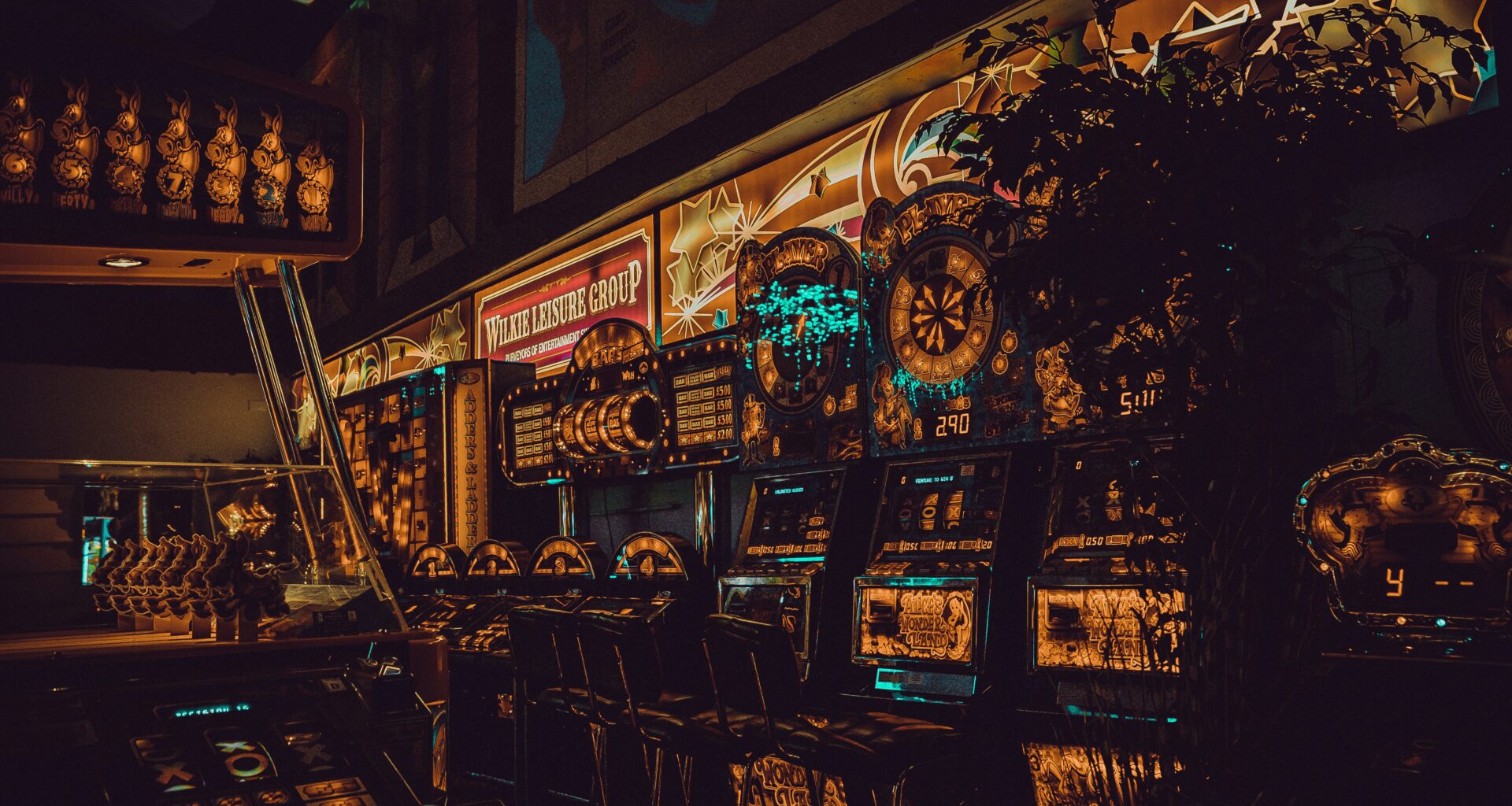Sweepstakes casino games allow users to play online using virtual credits with the potential to win real prizes. These platforms operate differently from traditional gambling sites. Instead of betting actual money, players can buy items like gold coins and receive free sweepstakes entries (or sweepstake coins) alongside. These entries can then be used to play games for a shot at real cash or prizes, all technically without placing real-money wagers.
These Sweepstake casino games are essentially “free-to-play” by design, thanks to legal loopholes that keep them distinct from conventional online casinos. But they’re evolving. A growing number of sweepstakes casinos are positioning themselves as more than just gaming outlets. They’re stepping into the spotlight as active community players.
Sponsorships and Local Event Support
Sweepstakes casinos are engaging real-world communities, and VGW is a classic example. This parent company of popular platforms like Chumba Casino and LuckyLand Slots is consistently involved in local events that matter. In 2023, VGW supported the Latency Conference in Perth, a tech-focused gathering where the team mingled and connected with local tech enthusiasts (they also had one this year). Also in 2023, they opened their doors for the Female Coders Collective, hosting a networking event right at their Perth office to champion women in STEM.
Efforts like these aren’t just good PR; they considerably boost the visibility of smaller local events and bring communities together. When companies show up with branded gear, offer support, or host talks at community fairs and meetups, they help drive turnout and even draw media coverage. VGW’s impact isn’t limited to the tech world either. They took part in “Australia’s Biggest Morning Tea,” a nationwide fundraiser for cancer research. Their teams across multiple offices brewed coffee, baked treats, and raised money to support a good cause. Sweepstakes casinos are starting to feel less like distant digital businesses and more like neighbors who pitch in. And that’s a good thing!
Charitable Donations and Campaigns
Sweepstakes casinos have found creative ways to give back to the community, and one of the most popular methods? Player-driven charity tournaments. These events let users play as usual, but with a twist: their participation helps trigger real-world donations.
LuckyLand Slots has been a major player in this space. Through its recurring “Giveback Tournaments,” the platform has transformed casual gaming into a force for good. In one March 2025 event, so many people joined up that LuckyLand donated $30,000 to the Breast Cancer Alliance. A few months later, another campaign raised the same amount for the Prostate Cancer Foundation. Since 2021, LuckyLand has donated over $900,000 to U.S. charities, with contributions directly linked to player engagements on the platform. Outside the tournament scene, some platforms make giving part of how they run. It’s built right into their business model. Golden Hearts Casino is a good example. Every time players make a real-money contribution, they’re asked to choose a nonprofit. A fraction of whatever amount they spend goes straight to that organization.
Player donations through Golden Hearts have helped:
- Supply hospitals with medical gear
- Support mental health initiatives for veterans
- Fund several children’s nonprofit organizations
These charitable donations and campaigns show that sweepstakes casinos are serious about putting their money where their values are. They’ve found a way to keep players engaged while making a real difference where it counts.
Why Community Engagement Matters
The industry still faces skepticism, and public trust isn’t something you earn by default. Supporting real causes and showing up for communities helps these platforms stand out for the right reasons. It’s simply innovative business on the part of these Sweepstakes casinos. Research shows that when companies live up to social responsibility, they not only boost their public image but also lower risk and increase long-term value.
For an industry that many still view with caution, the decision to contribute money and effort to community-based initiatives helps shift the narrative to a degree. Giving to local causes, funding events, and supporting nonprofits make these platforms more than just places to win prizes; they become active, visible agents of positive global impact. For players, on the other hand, this kind of involvement builds emotional loyalty. It is better to play on a platform that’s making a meaningful impact in the world. Whether it’s backing a fundraiser or helping out in disaster relief, those stories stick with people, and they’re more likely to stay loyal to brands that care – or at least pretend to.
Do sweepstakes casinos support charities with actual money?
Absolutely. Many of these platforms allocate real funds to nonprofit organizations. Golden Hearts Casino, for instance, builds donations into every transaction. Meanwhile, brands like Chumba Casino, LuckyLand Slots, and Global Poker have funneled hundreds of thousands of dollars into charitable causes through themed tournaments and community-driven campaigns.
How do sweepstakes casinos work?
Unlike regular online casinos, sweepstakes casinos don’t take your money for bets. Instead, you buy virtual coins to play just for fun, and as a bonus, you get sweepstakes coins. Those bonus coins let you play games that can win real cash prizes.
Can these Sweepstakes casino platforms be trusted?
Sweepstakes casinos don’t fall under traditional gambling regulations, but they still follow strict rules under sweepstakes laws. Many major brands are licensed, regularly audited, and vocal about playing responsibly. Still, players should always double-check reviews and site legitimacy before diving in.
Beyond offering free-to-play gaming, many of these Sweepstakes casinos today sponsor events, support local fundraisers, and launch charity drives. These generate positive press, boost community spirit, and help worthy causes. This shift shows that sweepstakes casinos can be more than just entertainment. They can actively contribute resources and attention to local needs. However, a healthy dose of skepticism is always expected in these matters. How sustainable is this newfound healthy attitude? What is the motive? Are these campaigns a long-term commitment to these communities, or just a strategic move to gain public recognition and favor? Either way, the benefits are real, and the recipients’ prayer can only be: may it continue for a long time.





